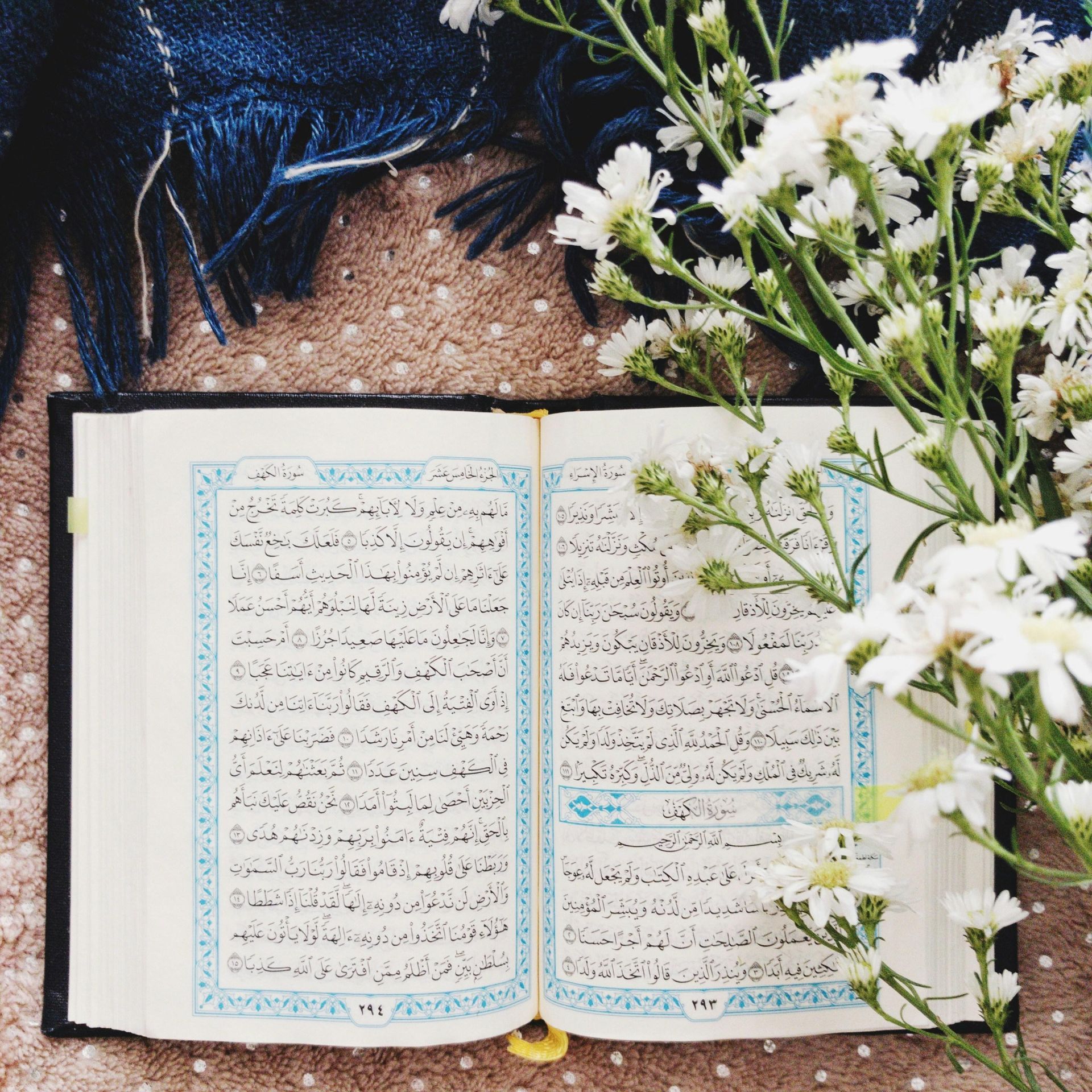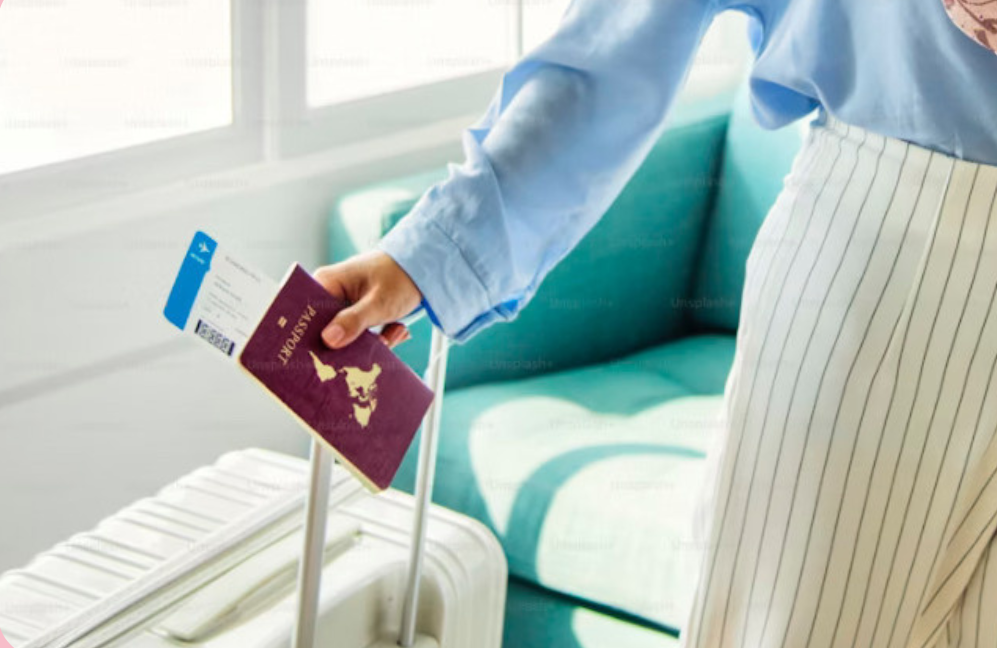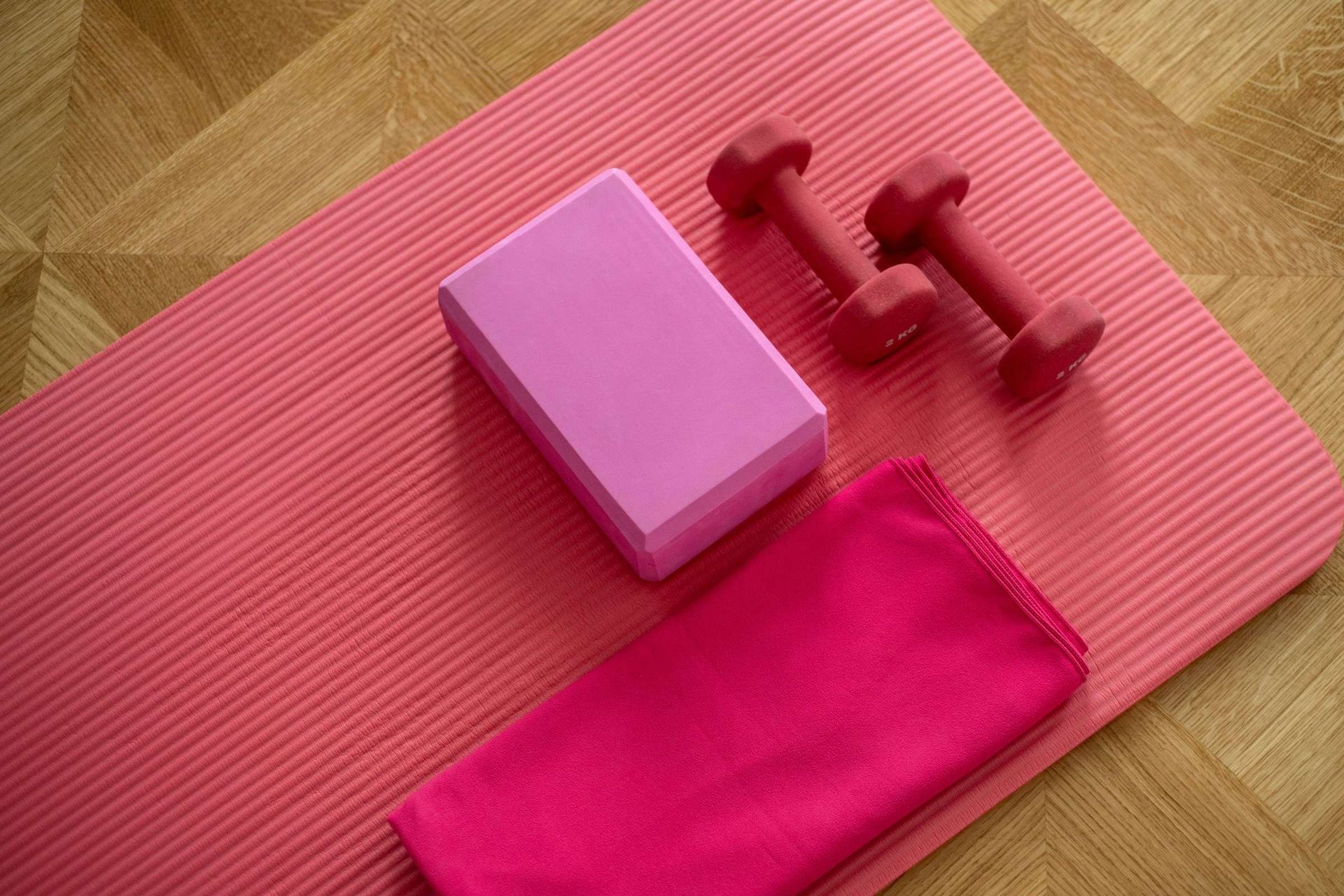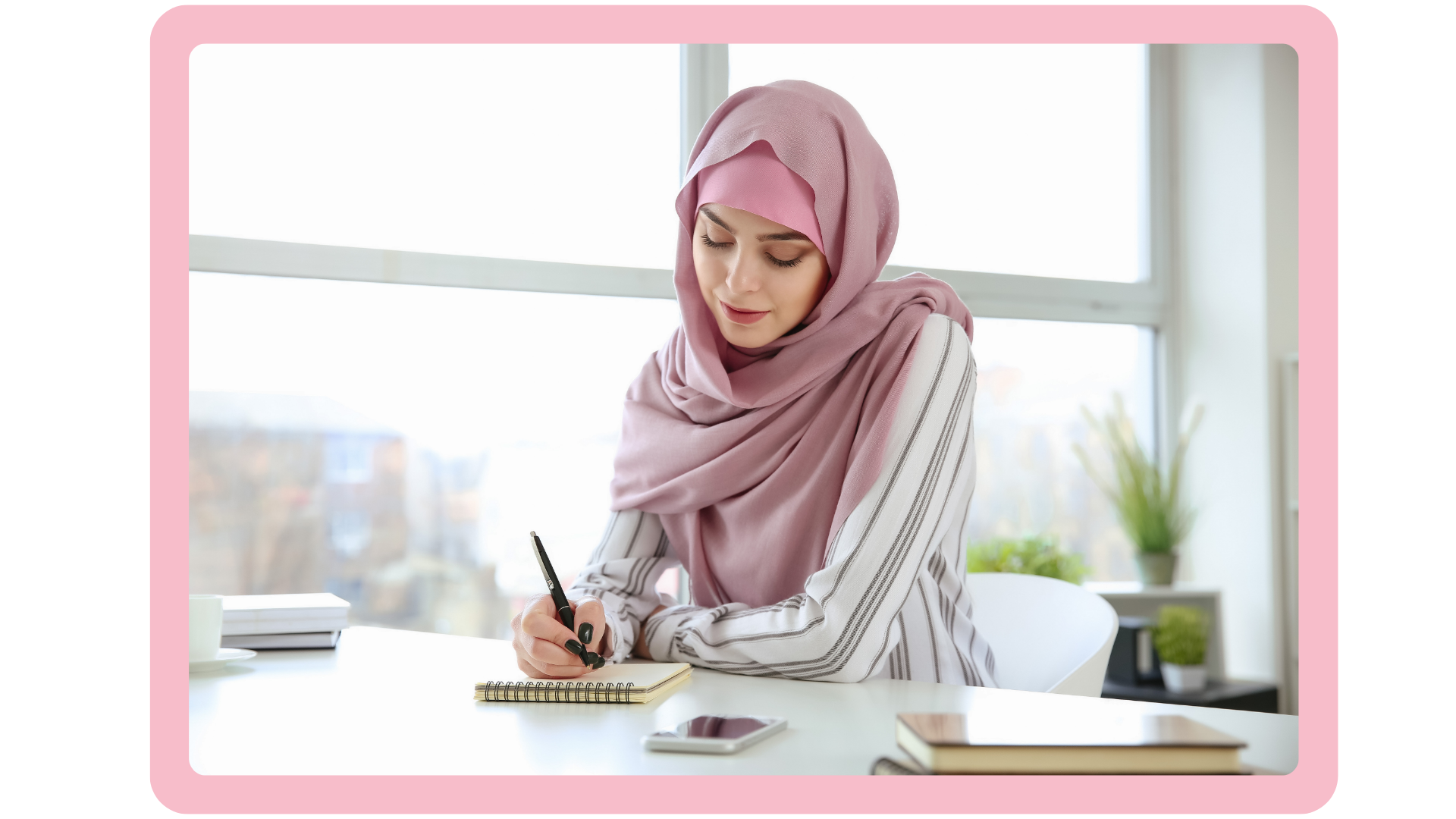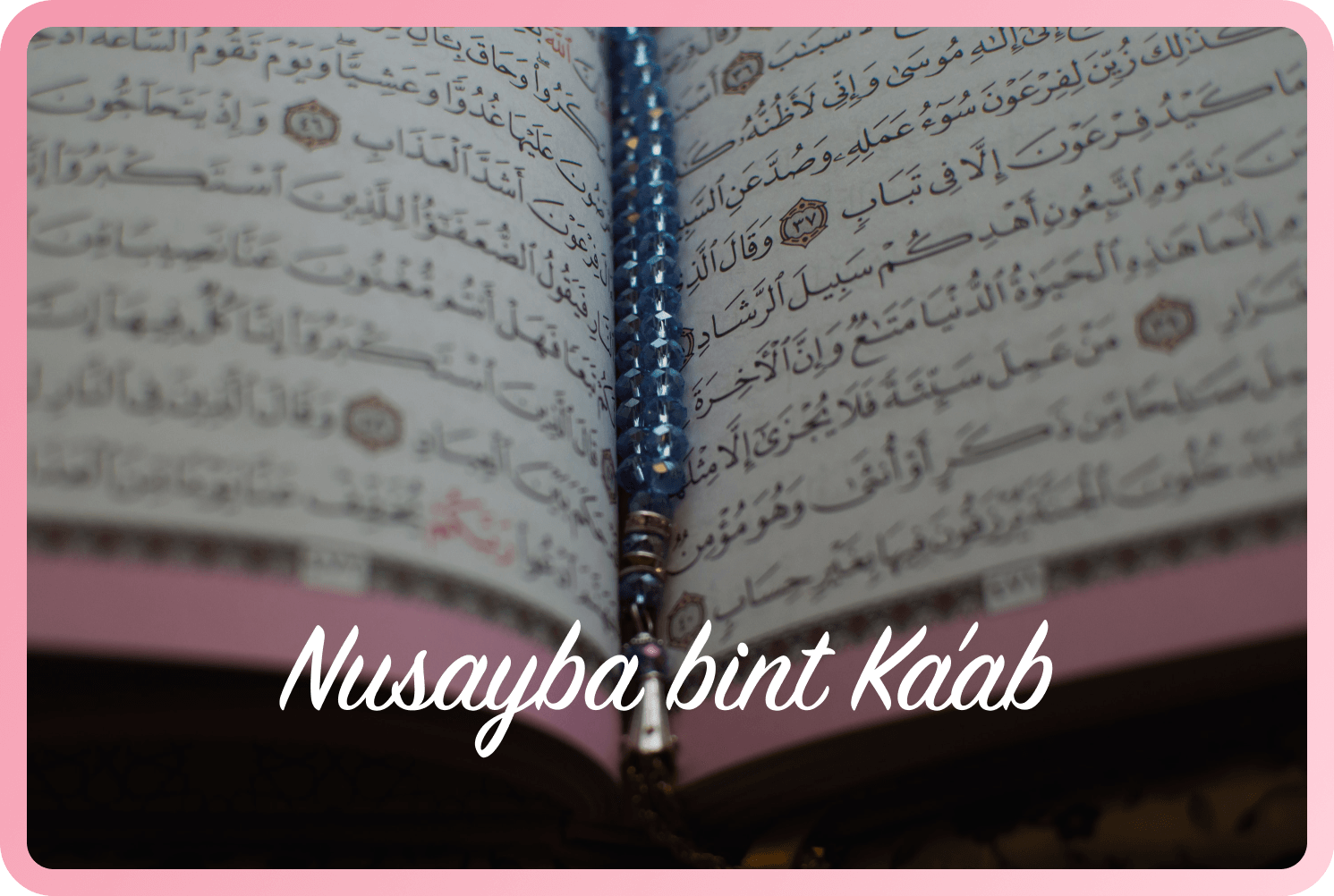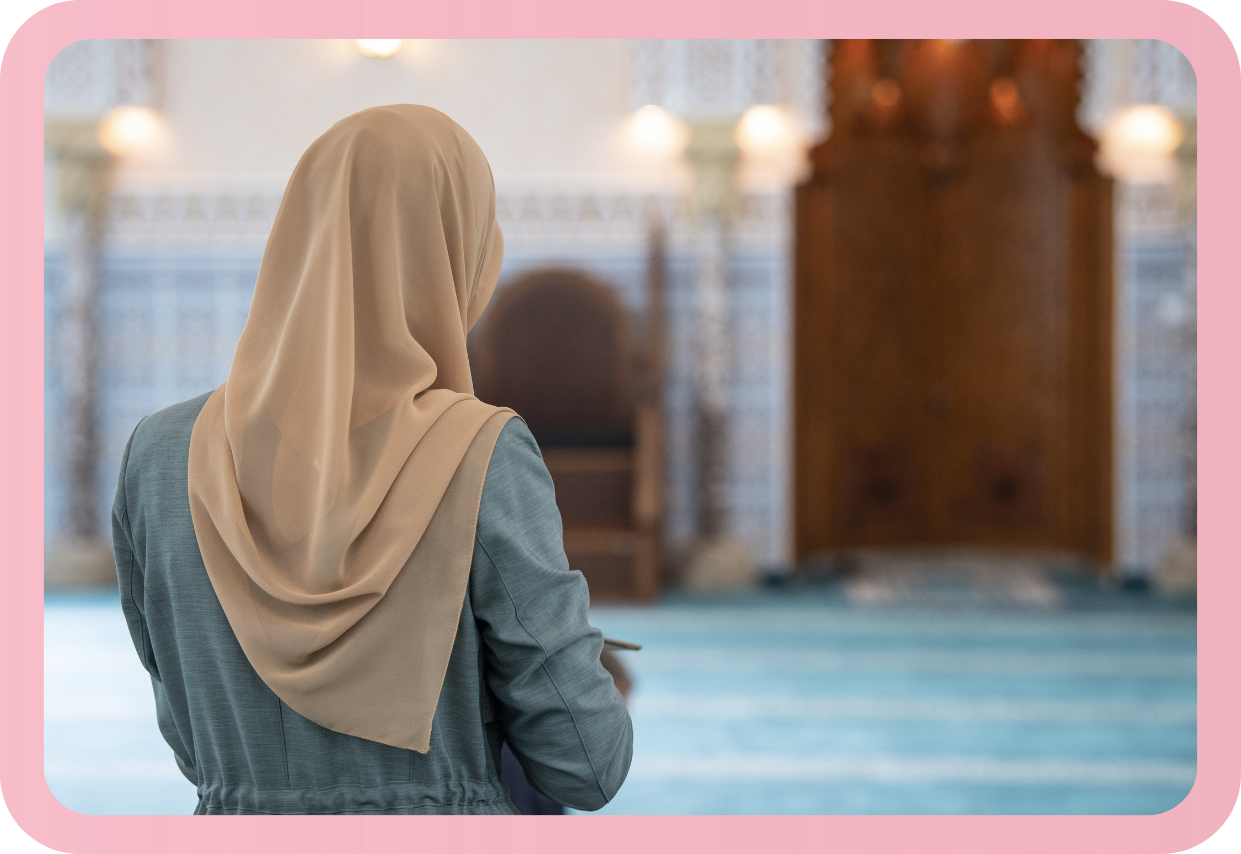Finding your inspiration through the Sahabiyat, the Women of Islam - International Women's Day 2021 Special
What does it mean to be a woman? More often than not, society relegates women to positions of motherhood, caretaking, and being in the home. But if history has shown us anything, it’s that women can have roles beyond those set by our cultures. Women have been powerful figures, pioneering in science, strategy, and business with impacts that can still be felt to this day. Especially within Islamic history, there have been several Muslimahs, both known and unknown, who have left their mark.
Khadija bint Khuwaylid
Amidst the deserts of Mecca was the Quraysh, known for being a mercantile tribe with large trading connections across the Arabian Peninsula. Amongst these traders was one woman who stood larger than the rest; Khadija bint Khuwaylid (RA) . It is said that her caravan was greater than the rest of the caravans combined across the whole Quraysh (1). Khadija was a successful businesswoman with a prosperous trading empire. Though, she never used her wealth for selfish reasons but instead was known for giving much of it to the poor. If there is one thing she is certainly known for, it is for being the first wife of the Prophet Muhammad (SAW); she had proposed to him through a friend (2). Whilst also being a mother and a wife, Khadija was able to maintain her business, her influence, and her status as a powerful woman of the Quraysh. Khadija used her power to support the Prophet in his divinely-revealed mission to spread the word of Allah. She had the highest honour of being the first person to accept Islam into her heart and recognise Muhammad (SAW) as the final Messenger of Allah.
Khadija bint Khuwaylid (RA) is an example of a woman pursuing her passions and her dreams. Despite the society she was from, she had built herself up as a businesswoman. No matter who you are or where you are from, her story can certainly serve as an inspiration to kickstart your dreams and become an entrepreneur just like her.
Nusayba bint Ka’ab
Within Medina was a woman revered for her courage and bravery. She was commended for protecting the Prophet (SAW) against attacks in the Battle of Uhud (3). Alongside her time as a warrior, Nusayba bint Ka’ab was well-known to have been a scholarly figure, studying the Qur’an intently. Upon reading the holy scriptures, she questioned the Prophet why Allah only addresses men. Rather than the Prophet himself answering this question, Allah revealed Ayah 35 of Surah Al-Ahzab (4). This is the first time women are mentioned in the Qur’an.
إِنَّ ٱلْمُسْلِمِينَ وَٱلْمُسْلِمَـٰتِ وَٱلْمُؤْمِنِينَ وَٱلْمُؤْمِنَـٰتِ وَٱلْقَـٰنِتِينَ وَٱلْقَـٰنِتَـٰتِ وَٱلصَّـٰدِقِينَ وَٱلصَّـٰدِقَـٰتِ وَٱلصَّـٰبِرِينَ وَٱلصَّـٰبِرَٰتِ وَٱلْخَـٰشِعِينَ وَٱلْخَـٰشِعَـٰتِ وَٱلْمُتَصَدِّقِينَ وَٱلْمُتَصَدِّقَـٰتِ وَٱلصَّـٰٓئِمِينَ وَٱلصَّـٰٓئِمَـٰتِ وَٱلْحَـٰفِظِينَ فُرُوجَهُمْ وَٱلْحَـٰفِظَـٰتِ وَٱلذَّٰكِرِينَ ٱللَّهَ كَثِيرًۭا وَٱلذَّٰكِرَٰتِ أَعَدَّ ٱللَّهُ لَهُم مَّغْفِرَةًۭ وَأَجْرًا عَظِيمًۭا
Indeed, the Muslim men and Muslim women, the believing men and believing women, the obedient men and obedient women, the truthful men and truthful women, the patient men and patient women, the humble men and humble women, the charitable men and charitable women, the fasting men and fasting women, the men who guard their private parts and the women who do so, and the men who remember Allah often and the women who do so - for them Allah has prepared forgiveness and a great reward.
Nusayba bint Ka’ab was a strong woman who acted on her convictions, and as a result an entire ayah of the Qur’an was revealed in response to her questions. She was the embodiment of strength and intelligence, and was not afraid to stand up for herself and the people she dearly loved.
Rufaida bint Sa’ad Al-Aslamia
Nursing is a core pillar of medical care. It plays a substantial role in being able to take care of patients, assisting doctors, and ensuring the lifeblood of hospitals can remain in constant flow. Rufaida Al-Aslamia (RA) is an unsung hero who pioneered nursing in Arabia at the time of the Prophet (SAW), now credited to be the first ever Muslim nurse. She had trained many women in the field of nursing, whilst using this expertise to assist in battles. One example is when she treated Sa’ad ibn Mu’adh, the chief of Banu Aws in Medina at the Battle of the Trench; the Prophet personally ordered that he be treated by her, putting his trust in her skills (5). Rufaida is seen to have implemented an early form of acute care, being able to provide short-term treatment to soldiers who were hurt in battle with a great emphasis on hygiene and disease control (6). In a time long before in-depth medical research, Rufaida Al-Aslamia contributed much to healthcare; some even attributing her rules and procedures as precursors to modern nursing techniques.
History has shown us that Muslim women played significant roles in our understanding of Islam and the world around us - from businesswomen, to thought leaders, to pioneers in various fields such as nursing to name a few. The women of Islam make up some of the most powerful intellects and firm believers. In a time when social inequalities were rife, Allah specifically decreed laws through Muhammad (SAW) raising women to positions of influence and prestige in family and society. With conviction and faith in Allah, it is possible for us all to be like these exemplary Muslimahs of the past, and in so doing, pave the way for the Muslimahs of the future.
References
1. Ayubi Z. Khadija bint Khuwaylid: A Saintly Woman for Our Times. Azizah. 2012;7(1):17.
2. Blackburn Y. 7 Remarkable Things About Khadija, Wife of Prophet Muhammad [Internet]. Fair Observer. 2015. Available from: https://www.fairobserver.com/region/middle_east_north_africa/remarkable-things-about-khadija-wife-of-prophet-muhammad-30278/
3. Husain A. Appreciating Nusaybah Bint Ka`b: The Humanitarian and Warrior [Internet]. About Islam. 2020. Available from: https://aboutislam.net/family-life/culture/nusaybah-bint-kab-woman-distinction/
4. Change the Script. Three Awesome Muslim Women From History [Internet]. Change the Script. 2018. Available from: https://www.changethescript.uk/news/three-female-muslim-women-from-history-that-wowed-us/
5. Yahya S. Rufaida Al-Aslamia - the first Muslim nurse [Internet]. Saudi Gazette. 2017. Available from: https://saudigazette.com.sa/article/175811
6. Khaled N. Rufaida bint Saad Al-Aslameya: The First Muslim Nurse [Internet]. Bibalex. 2016. Available from: https://www.bibalex.org/SCIplanet/en/Article/Details?id=5207
